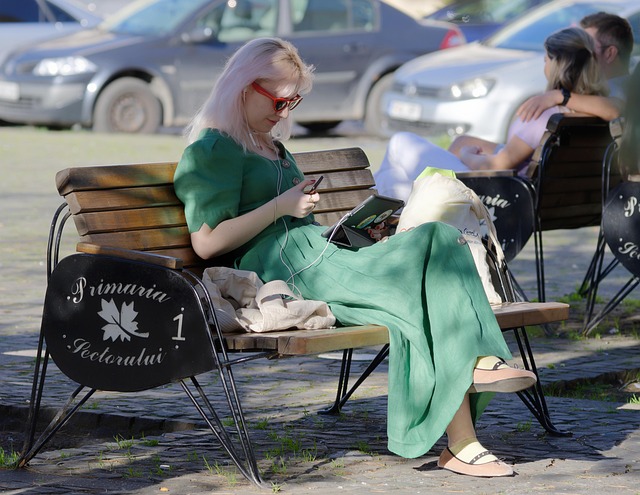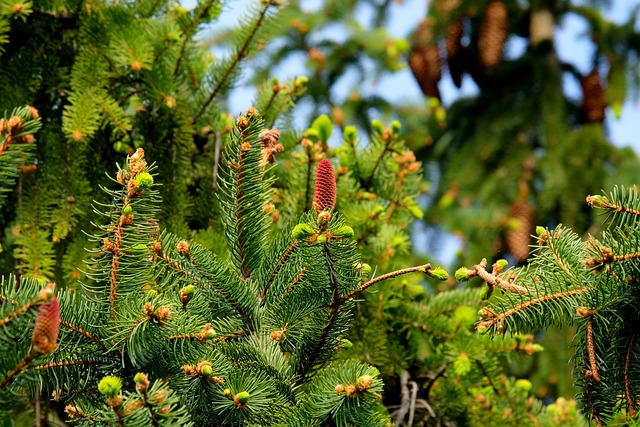In our fast-paced urban lives, the importance of green spaces often gets overshadowed by concrete structures and bustling streets. However, urban forest rehabilitation has emerged as a beacon of hope, breathing new life into city spaces that desperately crave a touch of nature. This eco-friendly movement not only nurtures the environment but also fosters a deep sense of community among residents.
Imagine strolling through a vibrant city park, surrounded by flourishing trees, colorful flowers, and the sweet melody of chirping birds. Urban forest rehabilitation transforms neglected areas into lush sanctuaries where people can connect with nature. These green lungs of our cities play a crucial role in mitigating air pollution, reducing urban heat, and enhancing biodiversity.
Engaging in urban forest rehabilitation involves a combination of gardening techniques and sustainable practices. By planting native species that adapt well to the local ecosystem, we not only preserve local wildlife but also create a resilient environment. These plants require less water and maintenance, making them a perfect choice for city dwellers who wish to contribute to ecological sustainability.
Community involvement is vital in this transformative process. Urban gardening initiatives can engage local residents in hands-on projects that restore barren lands into thriving green spaces. Workshops on planting techniques, wildlife habitats, and eco-design encourage participation and teach valuable skills. When people come together to care for their environment, it strengthens community bonds and instills a sense of pride in their surroundings.
From rooftop gardens to park revitalization, urban forest rehabilitation showcases the beauty of nature interwoven with city life. As cities grow and expand, it is essential to integrate green spaces into city planning. Implementing eco-friendly landscaping, such as rain gardens and green roofs, can significantly lower temperatures and improve rainwater management, creating a more sustainable urban environment.
Moreover, the emotional benefits of these green retreats cannot be underestimated. Studies have shown that spending time in nature reduces stress, boosts mental health, and improves overall well-being. Urban forest rehabilitation allows everyone access to these revitalizing experiences amidst the hustle and bustle of everyday life.
As we continue to face environmental challenges, it becomes imperative to reevaluate our urban landscapes. By prioritizing urban forest rehabilitation, we can create a greener, more sustainable future for generations to come. Let’s embrace the beauty of nature, nurture our environment, and invest in the revitalization of our city spaces. Together, we can transform our urban jungles into thriving forests that nurture both the planet and our communities.




